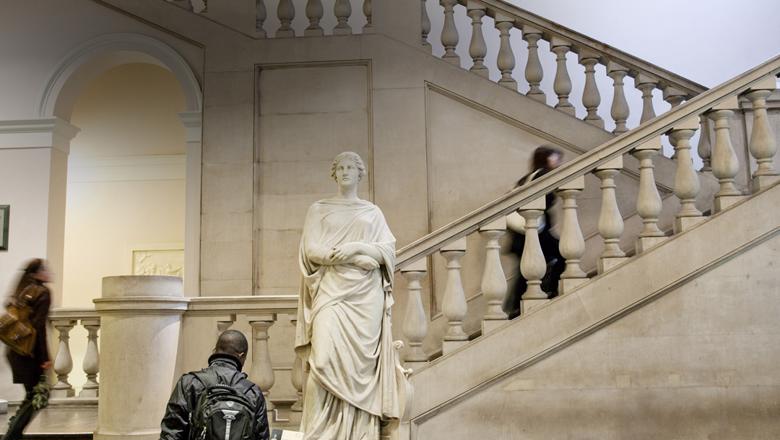Roar writer Ela Podgórska on El Salvador as a cautionary tale of bitcoin implementation.
Today, transactions and investment in cryptocurrencies such as Bitcoin are widespread. It is not unusual for people to use digital wallets and manage their money without the need for banks. However, when it comes to national economies, Bitcoin and its counterparts should be taken with extreme caution. Under an authoritarian presidency such as Nayib Bukele’s in El Salvador, the implementation of Bitcoin as a legal tender is going to prove why caution regarding bitcoin is required.
Even before Bukele’s plan of using bitcoin as a legal tender in his country, the IMF has clearly called such practices “a step too far”, pointing out a number of possible problems ranging from risks to macro-financial stability to environmental threats. But regardless of those opinions, Bukele’s idea was brought to life at the beginning of September when El Salvador became the first country in the world to officially implement bitcoin as a legal tender.
A little reminder is in order. Legal tender means that a certain currency “would have to be accepted by creditors in payment of monetary obligations.” It does not mean that such a currency would become mandatory for all of the everyday payments. For such laws to be put in force, in this case bitcoin, would have to be implemented as a national currency. However, the laws for bitcoin in El Salvador state that it will be obligatory for businesses to allow their costumers to pay for offered goods and services in bitcoin which makes the new law float somewhere in between the two concepts.
Legal tender is already quite a big step. The logic behind this controversial move has roots in the state of country’s economy. El Salvador is a slow developing country. It has already implemented US dollar as legal tender in 2001. Now, Bitcoin, according to the official justification, is supposed to promote foreign investment and help Salvadorans working abroad send money back to their families without the additional costs of international transfers and currency exchanges.
This is an acceptable reason for implementing bitcoin as transactions with it are fast and do not raise additional costs. Bearing in mind that remittances constitute about 20% of El Salvador’s GDP, and according to the government, the sum of money saved on bitcoin transactions may add up to $400 million. Nevertheless, the BBC conducted their own research on how much will be saved by the implementation of bitcoin and estimates the number to be closer to $170 million. Besides, many notice that the reasons behind this risky move may to a certain extent include president’s personal relations. Sceptics notice that both of the Bukele’s brothers are significant crypto-enthusiasts which might have somehow encouraged this surprising implementation.
As convincing as the official justification sounds, the decision continues to carry a range of possible problems. The first that might come to mind is the unstable nature of bitcoin. Its value is known to be very unpredictable; over the past year it ranged from $10,000 to $64,000.
The country didn’t have to wait long to experience this volatility. Only a day after its implementation, the price of bitcoin fell from $52,000 to $43,000. Such swings in value are obviously not a desired quality of a currency that is supposed to be used to settle debts or in which people could keep their savings. Salvadorans are worried about the implementation of bitcoin and how its use undermines consumer protection.
With bitcoin Salvadorans have become more prone to cyber-attacks, fraud, and potential technical glitches. Furthermore, according to a survey quoted by the Financial Times fewer than 5% of the population truly understand bitcoin which may soon become an additional reason for the entire plan to not be as successful as anticipated.
Nevertheless, in the end only time will show if the predictions and opinions about the controversial implementations were correct. Let’s just hope the population of El Salvador won’t have to face a significant financial struggle in the meantime.













